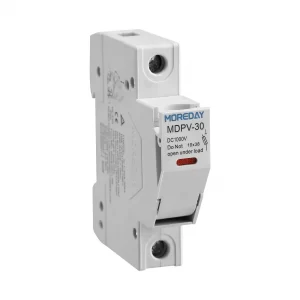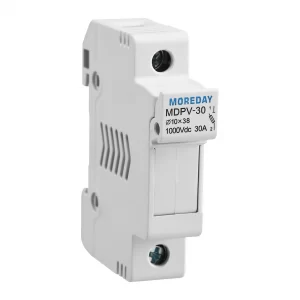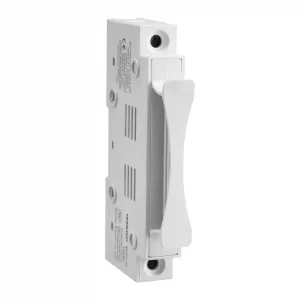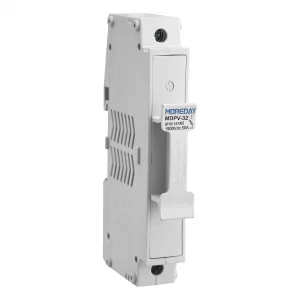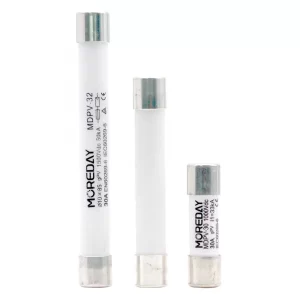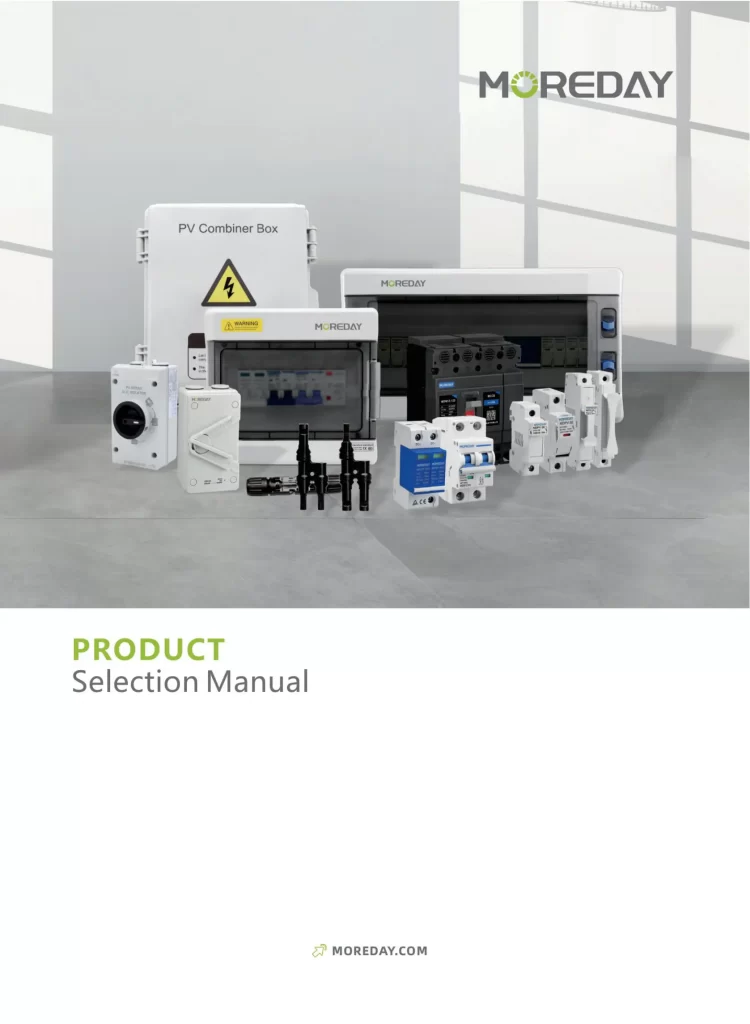TRUSTED MANUFACTURER OF DC FUSE HOLDERS
Fuses play a crucial role in protecting electrical systems from damage due to overcurrent or short circuits. To ensure that these fuses work effectively, they need to be housed securely in a fuse holder. This is where the dc fuse holder comes in. It is a critical component that keeps fuses in place and ensures they are functioning correctly, safeguarding your electrical equipment.
We have professional production capacity, and the fuses we produce can effectively protect the circuit system. We manufacture fuse holders and fuses for 1000V dc and 1500V dc voltages.
MOREDAY has passed UL, SAA, CB, CE, TUV, ISO, and RoHS certifications, and its products have undergone strict testing. Our production line has a working space of 25,000 square meters and 15 product lines, and the annual output can reach 15 hundred pieces.
We can complete large quantities of orders within the time you specify, and our highly competitive prices can allow you to dominate the local market. Contact our team today!
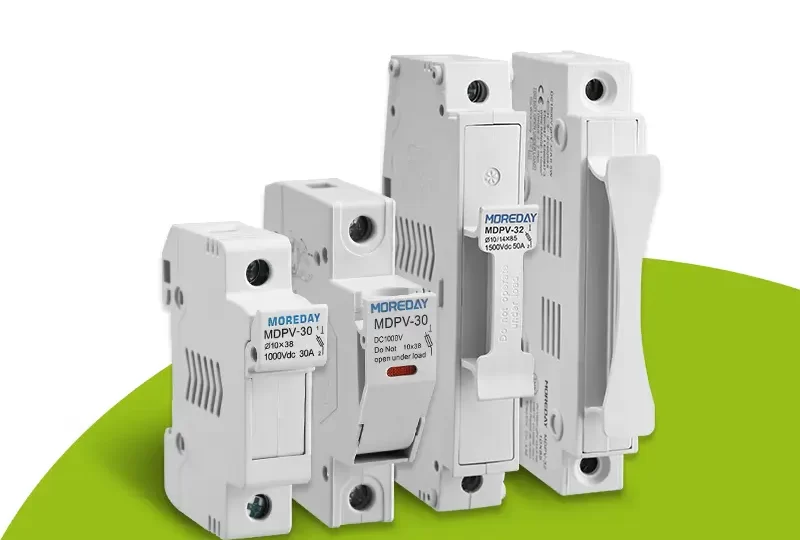
Contact A Moreday Technical Engineer Immediately. Accept
CUSTOMIZATION & QUALITY
MOREDAY focuses on the quality of our DC fuse holders, ensuring that their insulation protection prevents dangerous electrical short circuits from occurring. We also guarantee quality when manufacturing fuses, offering customer-specific customization to allow operation in any of the different solar systems.
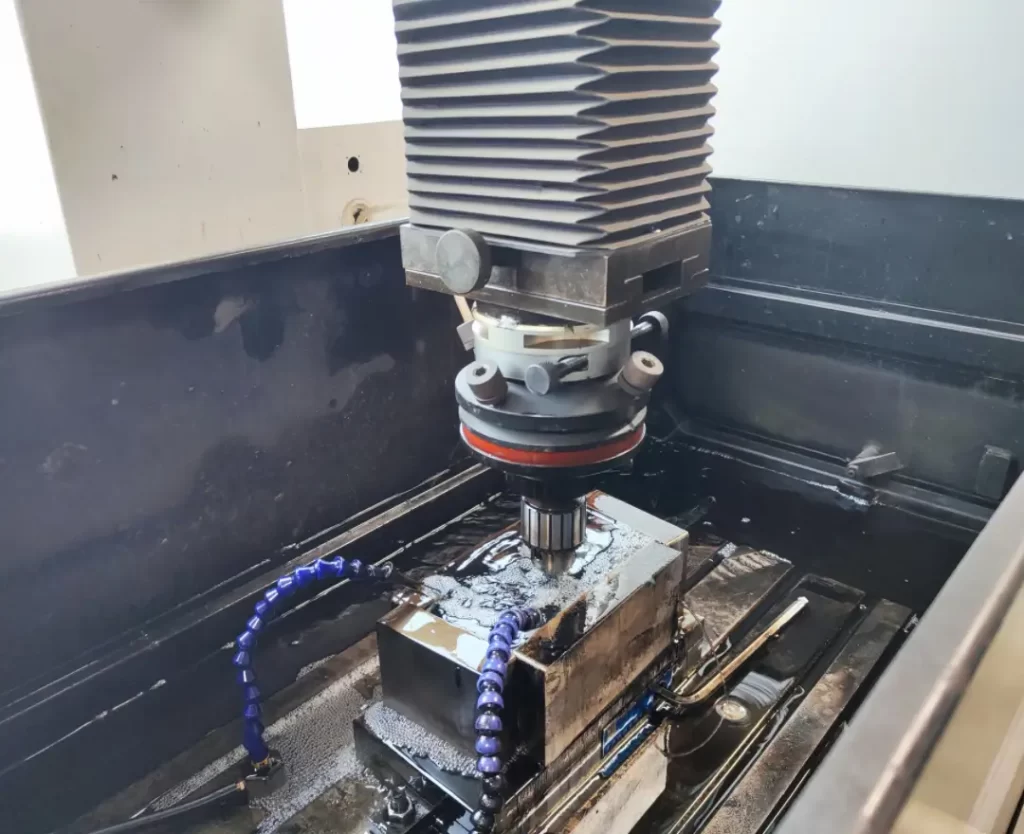
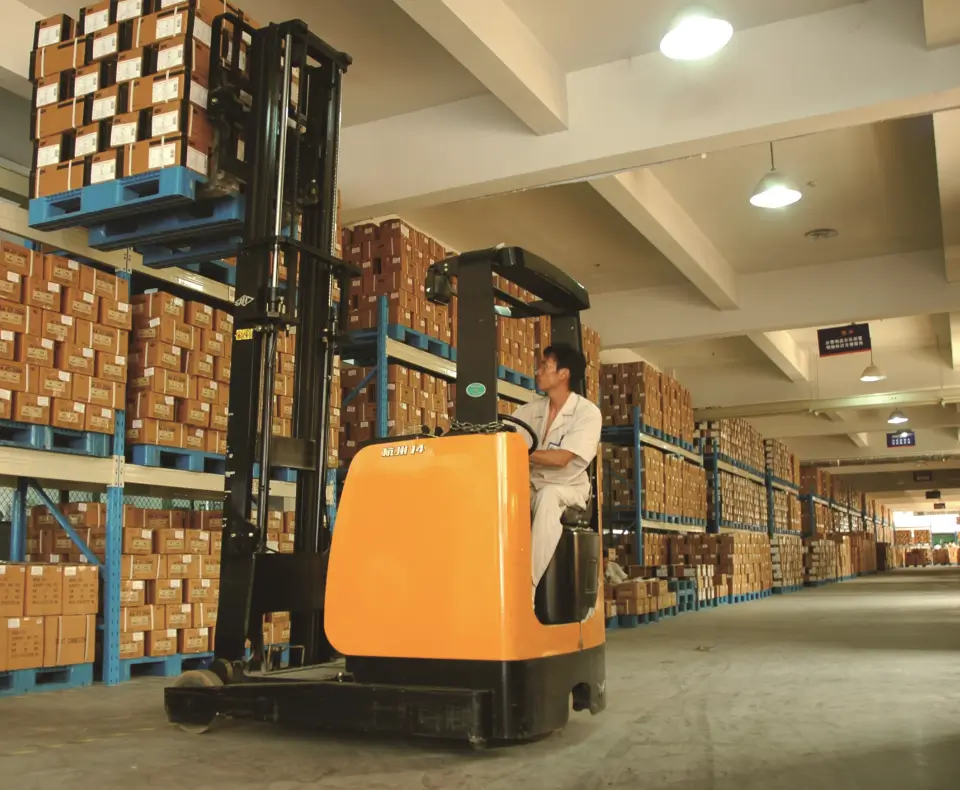
COMPLETE INVENTORY MANAGEMENT
MOREDAY has a complete inventory management system with a certain amount of inventory to meet the needs of customers who want to deliver quickly and ensure that customers can receive the goods in time.
Common Queries
Frequently Asked Questions
please feel free to contact us.
Make Electricity Available To All People

